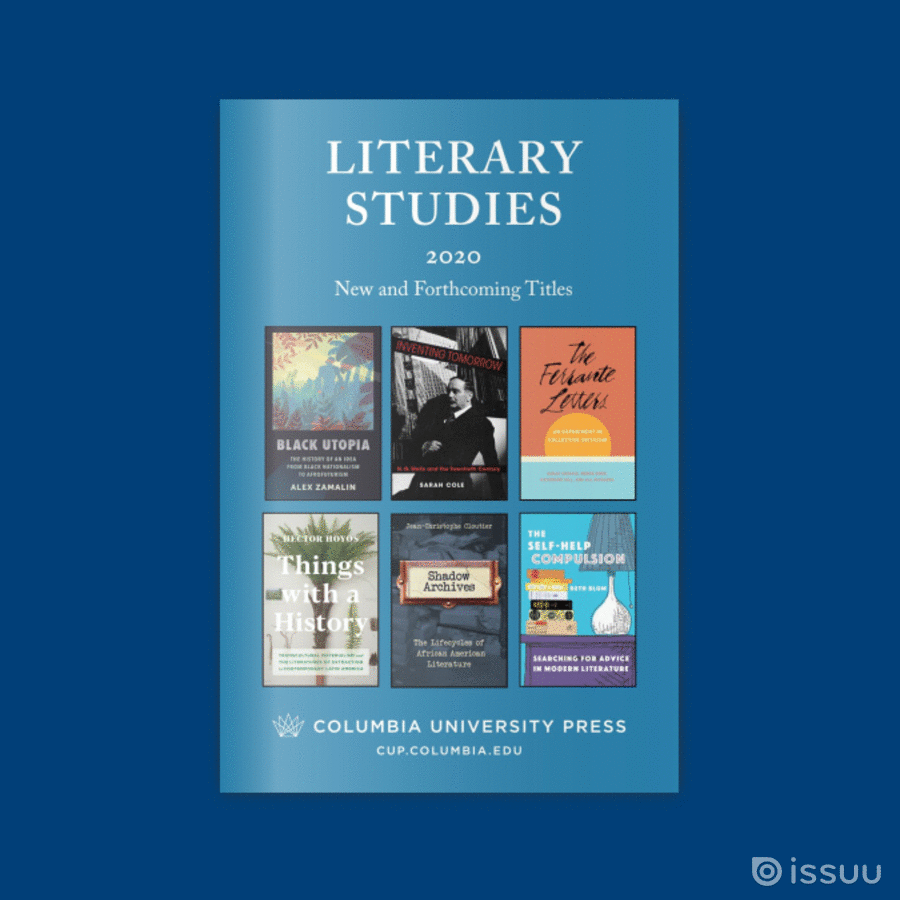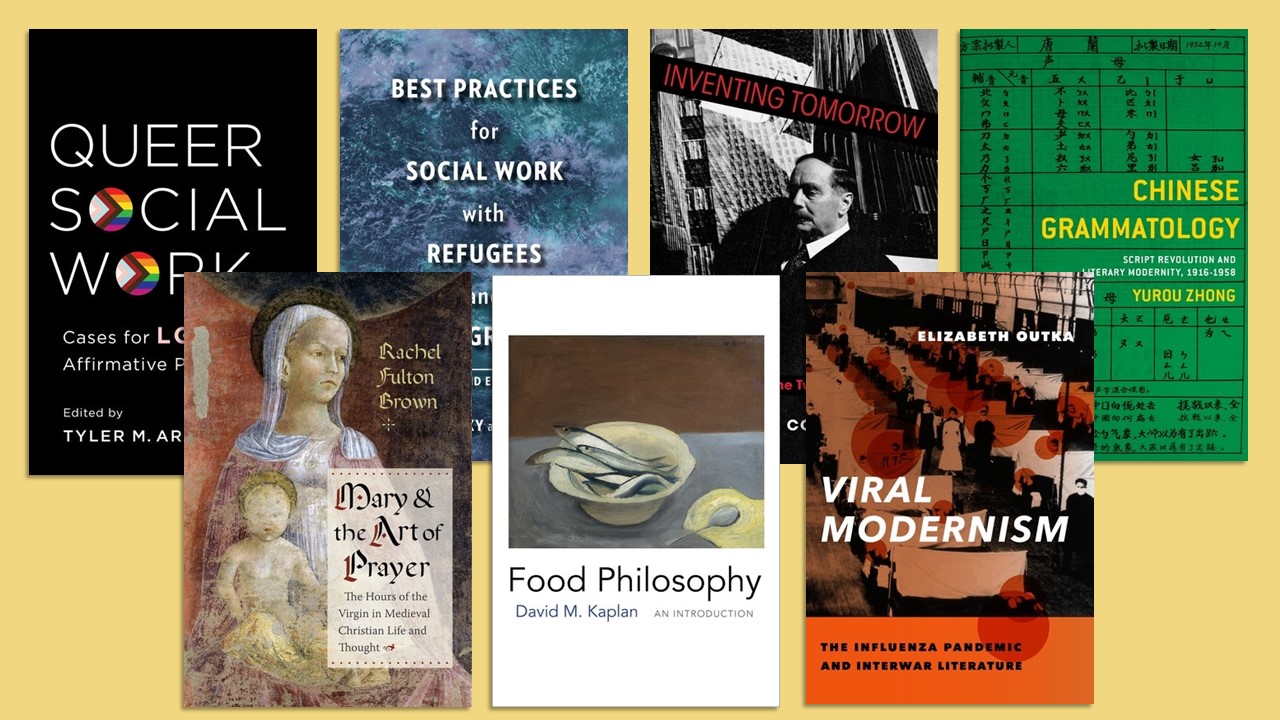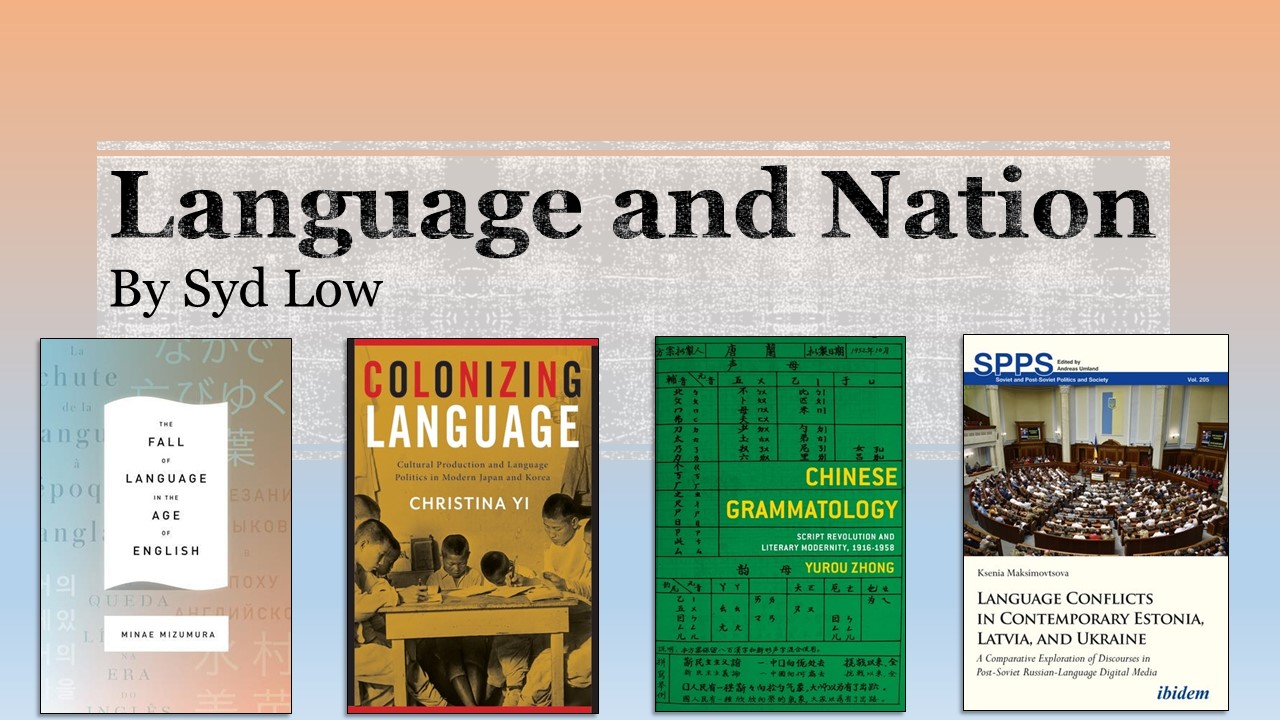New from The Sheng Yen Series in Chinese Buddhist Studies!

While you are undoubtedly tired of editor introductions at this point in your tour through our virtual booth, one more can’t hurt. My name is Lowell Frye, and I acquire exciting, interdisciplinary books on Chinese Buddhism in The Sheng Yen Series in Chinese Buddhist Studies. The series editors—Jimmy Yu and Dan Stevenson—and I are extremely excited about our new and forthcoming books.
In particular, I’ll draw your attention to the newly published Chinese Esoteric Buddhism, by Geoffrey Goble (though the striking cover may draw your attention on it’s own!). Goble uses an amazingly broad range of textual sources to retell the story of the emergence of Esoteric Buddhism in China in the eighth century CE with a special focus on Amoghavajra, one of “the Three Great Masters of Kaiyuan,” casting new light on the political, social, and religious institutions in China at that time.
 We are also looking forward to the June publication of Thriving in Crisis, by Dewei Zhang (you can, of course, preorder today), a fascinating account of the late Ming Chinese Buddhist revival that delves into the social and political factors behind the renewal and, in the process, develops new ways of conceptualizing the changing role of Buddhism throughout the history of China.
We are also looking forward to the June publication of Thriving in Crisis, by Dewei Zhang (you can, of course, preorder today), a fascinating account of the late Ming Chinese Buddhist revival that delves into the social and political factors behind the renewal and, in the process, develops new ways of conceptualizing the changing role of Buddhism throughout the history of China.
And finally, we are thrilled to have new paperback editions of some older titles in the series. First, Living Karma: The Religious Practices of Ouyi Zhixu, by Beverley Foulks McGuire, a close study of the life and teaching of a 17th-century Chinese Buddhist monk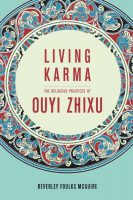 that makes a powerful case for the importance of studying ritual practice as well as religious texts. And, last but not certainly least, we have Spreading Buddha’s Word in East Asia: The Formation and Transformation of the Chinese Buddhist Canon, edited by Jiang Wu and Lucille
that makes a powerful case for the importance of studying ritual practice as well as religious texts. And, last but not certainly least, we have Spreading Buddha’s Word in East Asia: The Formation and Transformation of the Chinese Buddhist Canon, edited by Jiang Wu and Lucille 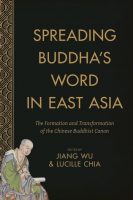 Chia, a truly comprehensive investigation into the formation of the Chinese Buddhist canon, with essays ranging from the cataloging efforts of Daoan in the fourth century CE to contemporary digital projects like the Chinese Buddhist Electronic Texts Association (CBETA). Along the way, they offer countless new directions in studying and understanding the process of canon formation.
Chia, a truly comprehensive investigation into the formation of the Chinese Buddhist canon, with essays ranging from the cataloging efforts of Daoan in the fourth century CE to contemporary digital projects like the Chinese Buddhist Electronic Texts Association (CBETA). Along the way, they offer countless new directions in studying and understanding the process of canon formation.
Well, this is where our virtual exhibit ends. Look back on this week’s posts and remember to subscribe to our e-mail list to hear more about exciting releases both in the Sheng Yen Series and on our Asian studies list.

